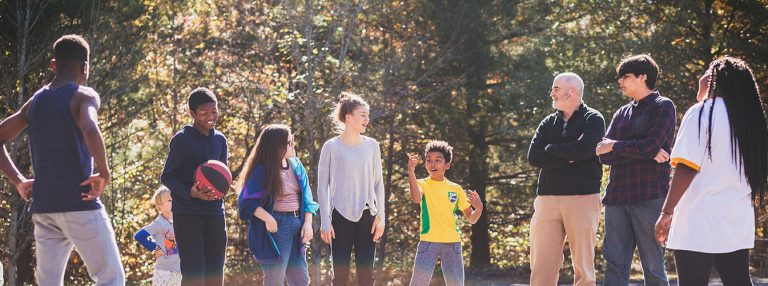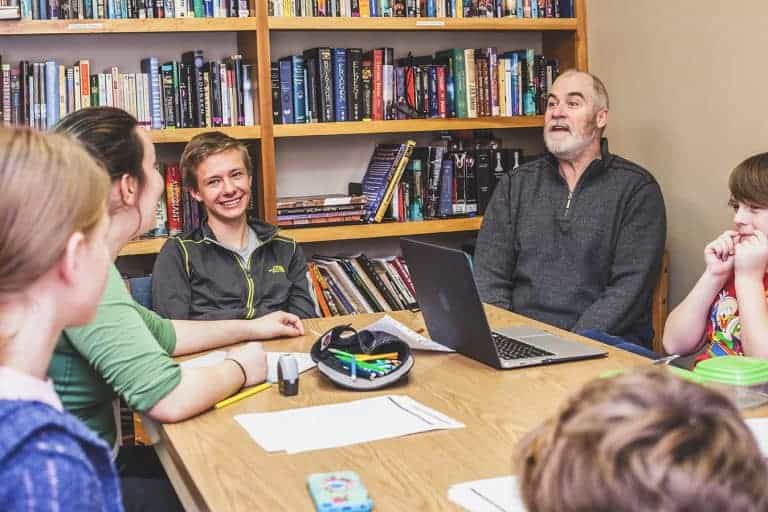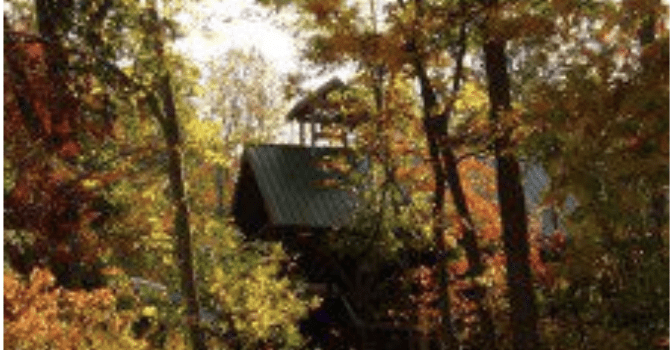Nature and Democracy
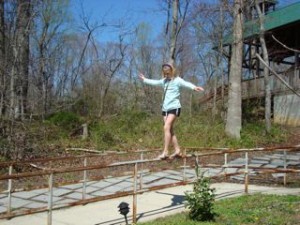 Although at times Fairhaven School’s ideas may seem new, people have been thinking- and writing- about nature and democracy for some time. After posting my previous post (“Spring Is Building”), I found myself reading Walt Whitman’s collected journal entries, Specimen Days and Collect. Among many other things– it is Whitman, after all–this book details both his advocacy for democratic principles and his affinity for the natural world. In the following selection, he connects the two seemingly disparate concepts:
Although at times Fairhaven School’s ideas may seem new, people have been thinking- and writing- about nature and democracy for some time. After posting my previous post (“Spring Is Building”), I found myself reading Walt Whitman’s collected journal entries, Specimen Days and Collect. Among many other things– it is Whitman, after all–this book details both his advocacy for democratic principles and his affinity for the natural world. In the following selection, he connects the two seemingly disparate concepts:
Democracy most of all affiliates with the open air, is sunny and hardy and sane only with Nature-just as much as Art is. Something is required to temper both-to check them, restrain them from excess, morbidity. I have wanted, before departure, to bear special testimony to a very old lesson and requisite. American Democracy, in its myriad personalities, in factories, work-shops, stores, offices – through the dense streets and houses of cities, and all their manifold sophisticated life – must either be fibred, vitalized, by regular contact with out-door light and air and growths, farm-scenes, animals, fields, trees, birds, sun-warmth, and free skies, or it will certainly dwindle and pale. We cannot have grand races of mechanics, work people, and commonalty, (the only specific purpose of America,) on any less terms. I conceive of no flourishing and heroic elements of Democracy in the United States, or of Democracy maintaining itself at all, without the Nature-element forming a main part – to be its health-element and beauty-element – to really underlie the whole politics, sanity, religion and art of the New World.
— from Specimen Days and Collectby Walt Whitman, first published 1882
Fairhaven’s students embody this connection. They explore the stream, then they may come inside to vote in School Meeting, feet still wet. Or they may leave an intense Judicial Committee meeting and head straight outdoors to poke around the forest like the venerable Whitman himself.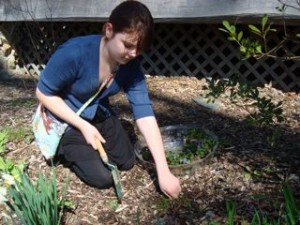
Of course, because we are a Sudbury school, our students are not required to “learn about nature” or to even go outside. It is thankfully so, since compulsion can often be the death knell for a relationship with the natural world. Day after day, they choose Whitman’s “Nature.” And day after day, they choose democracy.
Thriving Sudbury schools all seem to provide their students limitless access to the outdoors. So much of what transpires here is intuitive and difficult to measure. Many of us simply see students outside or we see them participating in the democratic process, and we know it’s right.
Rather than testing, we at Fairhaven often rely on ideas, observations, and philosophy to enhance our understanding of this intensely democratic school on a hill in the woods. How exciting it is to find Whitman’s ideas so fresh on the page, connecting these distinct aspects of what we do.
Mark McCaig
April, 2009
